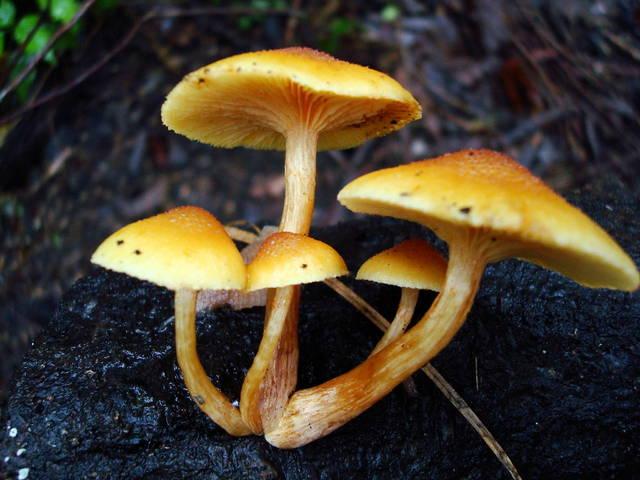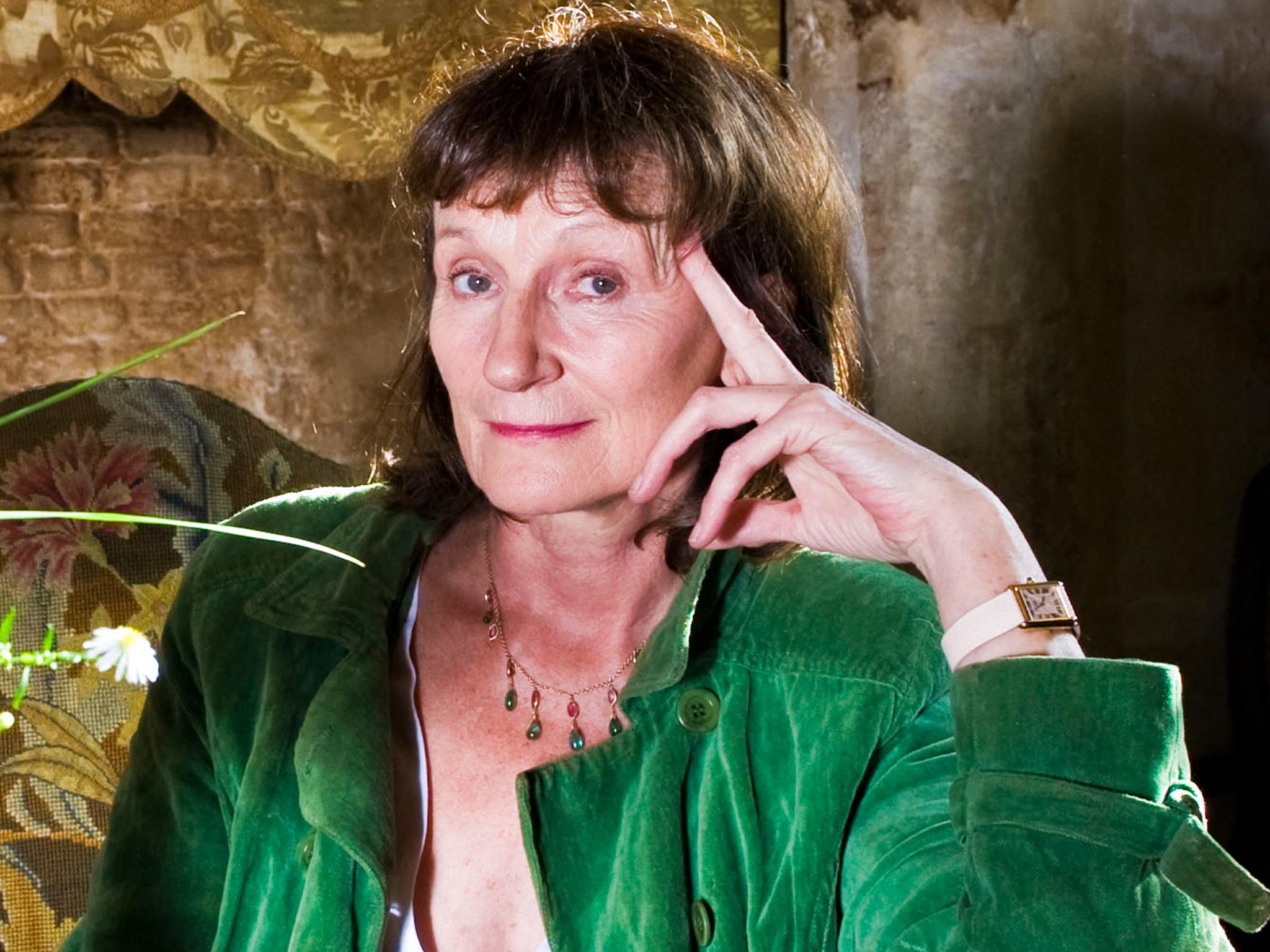Why 2016 was a positive year for psychedelic drugs being used as medicine
Amanda Feilding took psychadelics in the 1960s - and has campaigned for the drugs to be better understood ever since

Your support helps us to tell the story
From reproductive rights to climate change to Big Tech, The Independent is on the ground when the story is developing. Whether it's investigating the financials of Elon Musk's pro-Trump PAC or producing our latest documentary, 'The A Word', which shines a light on the American women fighting for reproductive rights, we know how important it is to parse out the facts from the messaging.
At such a critical moment in US history, we need reporters on the ground. Your donation allows us to keep sending journalists to speak to both sides of the story.
The Independent is trusted by Americans across the entire political spectrum. And unlike many other quality news outlets, we choose not to lock Americans out of our reporting and analysis with paywalls. We believe quality journalism should be available to everyone, paid for by those who can afford it.
Your support makes all the difference.A leading drugs reform campaigner has hailed 2016 as a ground-breaking year for research into understanding how psychedelic drugs can be used to help treat a range of illnesses.
“It's been a great year for psychedelic research," Amanda Feilding, the Executive Director of the Beckley Foundation think-tank which investigates psychoactive substances and drug policy, told The Independent. While most medicines must be taken regularly and repeatedly to be effective “psychedelics seem unique in their ability to produce enduring results after just one or two treatments," she explained, describing the process as a "deep vibration" in the mind.
Feilding first took LSD herself in 1966, when she "experienced its extraordinary power to alter consciousness”, and has since dedicated herself to exploring how mind-altering drugs can be used to benefit society when used in safe, controlled medical environments.
A recent study published by John Hopkins University and NYU on psilocybin - the psychedelic ingredient in magic mushrooms - suggested that the substance can reduce depression in cancer patients.
In April, the Beckley Foundation published the first brain-imaging study into the effects of LSD in the journal ‘PNAS’, showing that the part of the brain which correlates with the “ego” is diminished under the drug while communication between other networks are expanded. Understanding how blood supply and neuronal activity are affected by LSD could help unlock the drug as a powerful treatment for tackle depression, anxiety, addiction, and OCD.
A month later, a separate study showed that psilocybin - the ingredient in mushrooms - could help people with treatment-resistant depression. The research by the Beckley Foundation and Imperial Research Programme found that 42 per cent free of symptoms three months after taking using the psychedelic.
And in the US, the US-based non-profit Multidisciplinary Association for Psychadelic Studies is assessing how the psychoactive party drug MDMA could be used to help those with Post Traumatic Stress Disorder (PTSD). Meanwhile, Katie Anderson, a doctoral researcher in applied sciences at London Southbank University, is attempting to understand how it influences relationships.

Research currently underway includes an investigation into whether psychedelics can treat nicotine addiction, and promoting neurogenesis to aid those with Alzheimer’s.
“Psychedelics seem able to shake this rigidity and reset the connections into more positive patterns of thought and behaviour,” suggested Feilding.
While she understands that people are afraid of drugs and admits they can be misused and cause harm - taken incorrectly psychedelics can trigger mental illnesses and recurring hallucinations - she believes it is wrong to prohibit them "because when there is a desire, there will always be a way.” Instead, she backs strict regulation and a “common-sense” approach.
“We need to change their classification so that scientific research can be carried on without amazing and vastly expensive obstacles, and so that physicians can prescribe them where appropriate.”
In turn, Feilding believes it is realistic that psychedelics will be used for treatment in the NHS if taboos are overcome.
"If compassion for the suffering of the patients fails to overcome the taboo, then perhaps financial advantage to Health Services will. The evidence is building up that more can be achieved in one session with these compounds than through years of psychotherapy."
"We have also reached a tipping point as to how psychedelics are reported in the media. The stigma surrounding the subject is falling away, and a serious conversation about psychedelics is no longer completely taboo. The future is bright, if only we allow it to happen."
Join our commenting forum
Join thought-provoking conversations, follow other Independent readers and see their replies
Comments